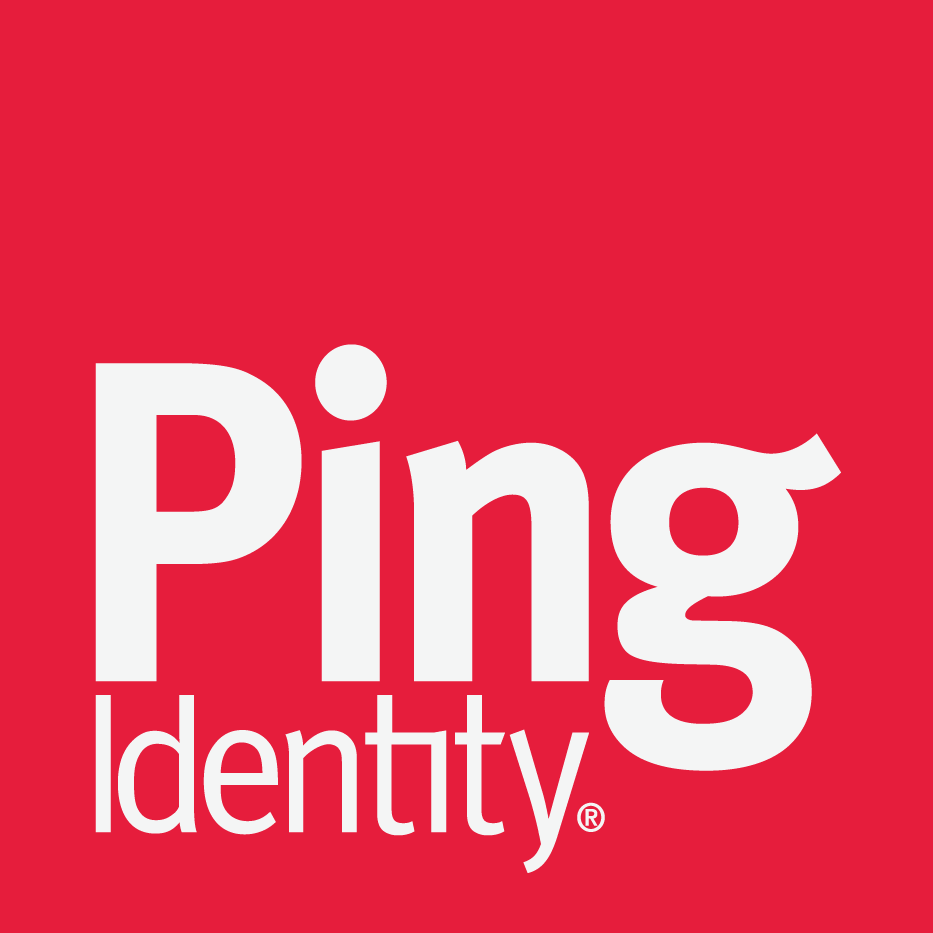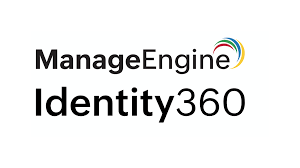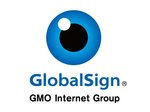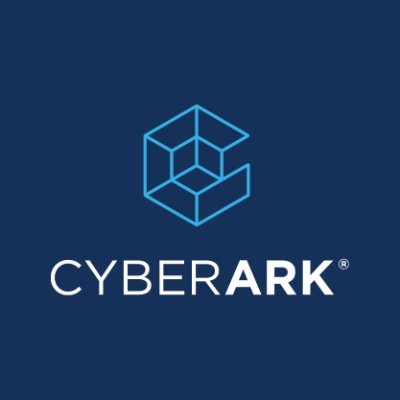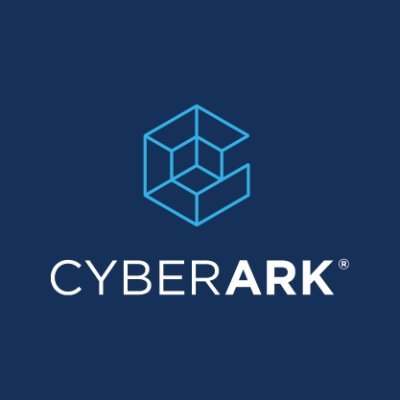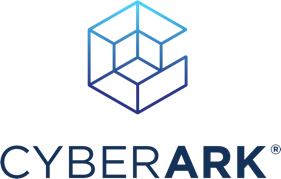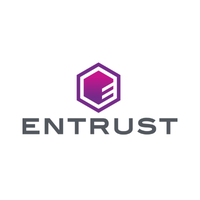
DataPrivilege
DataPrivilege is an advanced Identity Management Software designed to enhance data protection and governance. It enables organizations to accurately discover, classify, and label sensitive data, ensuring compliance and minimizing insider risks. With automated monitoring and response capabilities, it effectively safeguards data across diverse environments, including cloud, on-premises, and SaaS applications.
Top DataPrivilege Alternatives
Identity Director
Ivanti Identity Director streamlines Identity and Access Management by seamlessly managing user roles and access rights throughout their lifecycle.
Core Privileged Access Manager (BoKS)
Core Privileged Access Manager (BoKS) revolutionizes the management of Linux and UNIX environments by centralizing control over user accounts and privileged access.
PingIdentity
With PingIdentity, businesses can cost-effectively as well as quickly incorporate identity & access management rules across cloud, local and mobile atmospheres.
Powertech Identity Manager for IBM i
Powertech Identity Manager for IBM i streamlines user profile management by automating the creation and updating of profiles based on departmental roles and responsibilities.
ManageEngine Identity360
ManageEngine Identity360 empowers organizations to streamline identity and access management through a cloud-native platform.
Visual Identity Suite
Visual Identity Suite is an advanced identity management software that streamlines user authentication and access control processes.
GlobalSign Auto Enrollment Gateway AEG
This robust solution offers trusted digital certificates for diverse needs, ensures regulatory compliance, and integrates...
CyberArk Identity Management
By leveraging CyberArk CORA AI™, organizations can automate complex identity processes, dynamically manage access rights...
Juniper Identity Management Service
By assigning specific roles to employees, it determines their permissions for applications and data...
CyberArk Secrets Management
By centralizing secrets management, it enhances operational efficiency, minimizes risk, and supports developers without disrupting...
Twilio User Authentication & Identity
This innovative platform optimizes conversions and customer experiences, enabling businesses to implement multichannel two-factor authentication...
CyberArk Identity
By providing seamless Single Sign-On and Multi-Factor Authentication, it ensures both security and productivity...
FortiTrust Identity
It integrates seamlessly with the Fortinet Security Fabric, offering robust user authentication controls, including multi-factor...
Identity Enterprise
It provides robust credential-based access, phishing-resistant passwordless multi-factor authentication, and secure cloud application access...
Verizon ID
By following simple steps, they can retrieve their username needed for login, enabling them to...
Top DataPrivilege Features
- Data discovery and classification
- Automated compliance management
- Data-centric user behavior analytics
- Continuous risk assessment
- Insider threat detection
- Ransomware attack prevention
- Multi-cloud data security
- Integrations with major SaaS applications
- Real-time data access governance
- Automated data lifecycle policies
- Comprehensive data labeling system
- 24/7 data detection and response
- User-friendly interface for IT
- Detailed reporting for audits
- Proactive risk reduction metrics
- Customizable alert thresholds
- Enhanced visibility into data interactions
- Contextual incident response capabilities
- Seamless cloud-native platform transition
- Built-in compliance frameworks.
Top DataPrivilege Alternatives
- Identity Director
- Core Privileged Access Manager (BoKS)
- PingIdentity
- Powertech Identity Manager for IBM i
- ManageEngine Identity360
- Visual Identity Suite
- GlobalSign Auto Enrollment Gateway AEG
- CyberArk Identity Management
- Juniper Identity Management Service
- CyberArk Secrets Management
- Twilio User Authentication & Identity
- CyberArk Identity
- FortiTrust Identity
- Identity Enterprise
- Verizon ID


